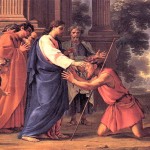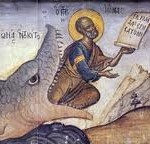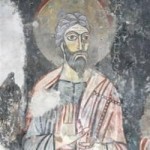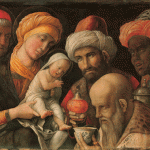Sixth Sunday in Ordinary Time – Cycle B
Reflecting on Mark 1: 40-45
The leper, kneeling before Jesus, wonders if he wants to heal him. If you wish, you can make me clean, he says. But maybe you don’t wish it. Maybe you’re a God with wonderful healing powers to relieve us of our suffering, our blindness, our lameness, our demon possession, but maybe you just don’t want to. So you have to be coaxed and flattered and manipulated by those of us who are sick.
I admit I’ve approached God similarly. Now listen, God, this is a little child we’re talking about here. She’s suffering. You love little children, remember? You have the power to heal her. If you want to you can heal her, God. I know you can do it. Let my words convince you to be merciful.
We think we have to sweet-talk God into being compassionate because, in spite of our prayers, our coaxing, our crying out to God, eventually we and the ones we love still die. God, if you want to you can save us from death! And if death comes anyway we conclude that God just doesn’t want to.
But I find great comfort in the translation in the 1966 Jerusalem Bible. When the leper says to Jesus, if you want to you can make me clean, Jesus says of course I want to!
Of course I want to. That’s all we need to know. Jesus our Healer wants to heal us. Why we still suffer and die is a mystery that remains. But death’s victory is short-lived, for the God who loves us knows where to find us after we have breathed our last. And oh, what healing will begin then.
What would YOU like to say about this question, or today’s readings, or any of the columns from the past year? The sacred conversations are setting a Pentecost fire! Register here today and join the conversation.
I have come to light a fire on the earth; how I wish it were already burning (Lk.12:49).






